4 Key Takeaways From BRCC Founder Evan Hafer’s Latest Joe Rogan Appearance
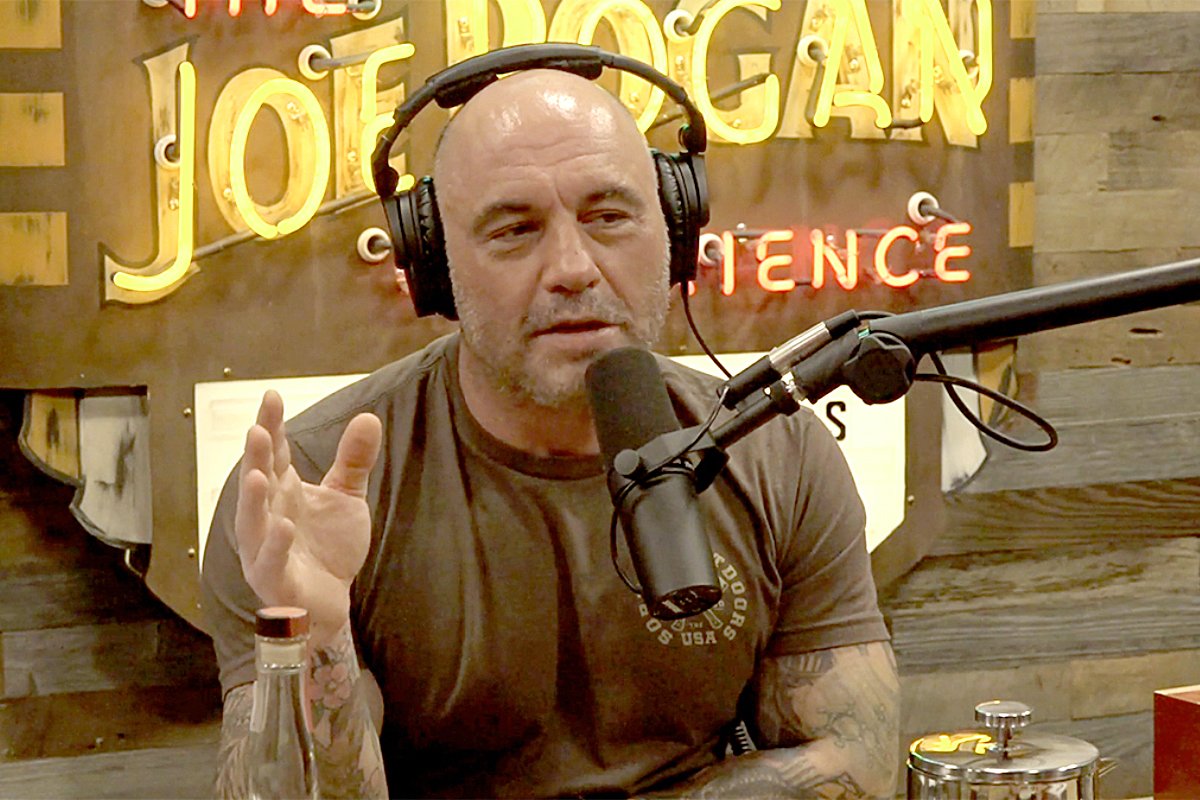
Joe Rogan is the host of The Joe Rogan Experience, Spotify’s most popular podcast. Screenshot from The Joe Rogan Experience.
Black Rifle Coffee Company founder Evan Hafer returned to The Joe Rogan Experience last week to shoot the shit. The Green Beret-turned-CEO discussed a variety of topics, from the recent New York Times Magazine article to riding fan boats into the jungles of the Philippines in search of gunfights.
Episode 1693 is more than three hours long, so we’ve highlighted four key takeaways for those who are interested in what Hafer and Rogan had to say but don’t have the time to give the full episode a listen.
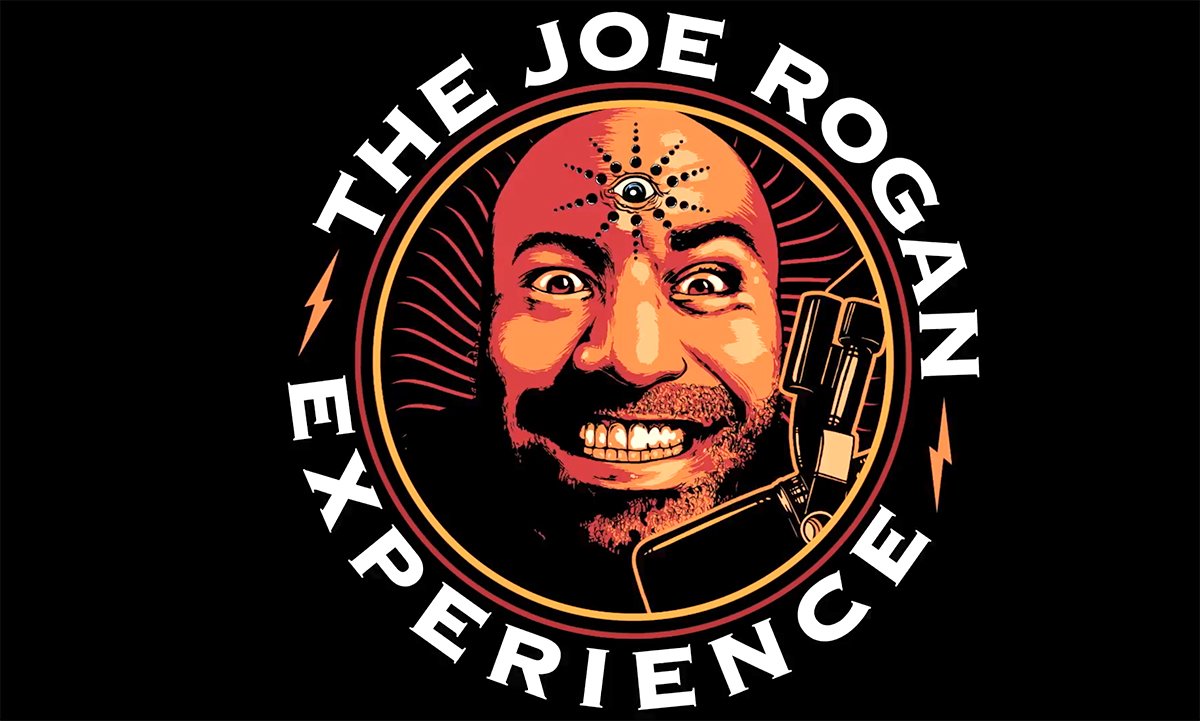
The New York Times Article
There was no avoiding the elephant in the room: a New York Times Magazine article first published online July 14 that spawned massive online backlash. Rogan kicked off the three-hour conversation by saying, “When people were attacking you, I got butthurt. It was so weird to see cancel culture come from the right.”
The internet is a weird place, so it’s no surprise some people misconstrued Hafer’s denouncement of racists in the Times piece as a jab at conservatives. Hafer — himself a conservative — explained how he typically tries to avoid getting involved in mainstream media and the resulting comment wars.
“They’re tragedy merchants,” Hafer told Rogan. “I think I have an ethical responsibility to the veterans at BRCC to not participate in negative dialogue.”
But after first declining an interview with the Times, Hafer said he’d reconsidered and decided that talking with the major publication was the best way to tell the story of his company and the more than 220 veterans he employs.

Unfortunately, the article focused on other things. Hafer pointed out how, after attending a BRCC event for wounded veterans, the author chose to highlight slogans that were on some veterans’ clothing — “Eat the Weak” and “Kill Bad Dudes” — rather than the people themselves.
“They’re talking about someone who lost their legs in combat — who gives a shit what kind of shirt they’re wearing?” Hafer said, frustrated with the wasted opportunity to highlight the sacrifices people like that veteran have made on behalf of the country. Of all the positive stories the Times could have pulled from its time with BRCC, he felt it chose to create a story that fit a predetermined narrative.
Hafer and Rogan discussed the current distrust of mainstream media and how that’s created “hyper-divisive gaslighting on both sides.” Hafer addressed the statements that were misrepresented as anti-conservative.
“There’s no room for racists or antisemites in my customer base,” he reiterated plainly. “I’ll pay them to leave if they exist. That’s what I said, and I stand by those words today.”
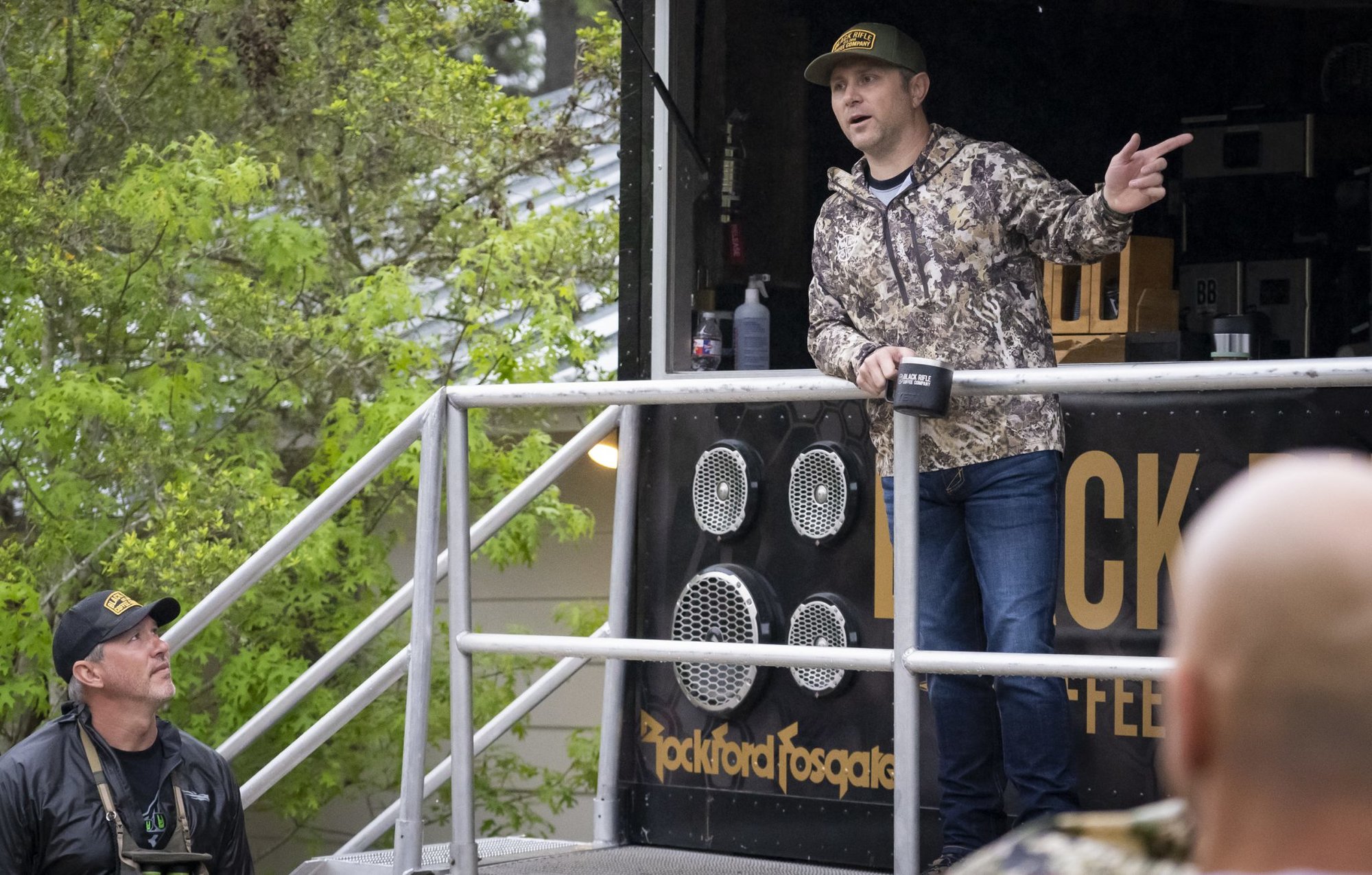
BRCC’s Philanthropy
When discussing the personal sacrifices Hafer made to get BRCC off the ground (such as accruing $36,000 in personal debt), the conversation moved on to some of the company’s philanthropic work.
Despite selling “everything that was not bolted down” and missing rent payments at home, Hafer ensured the company was able to give back to the community it represented from the get-go. In the first two years of BRCC’s existence, Hafer estimated the company gave around $38,000 to veteran nonprofits. In 2019, that number rose to more than $400,000 in cash, merchandise, and coffee donations.
BRCC continues to make supporting veterans and first responders its primary mission. Whether it’s raising and donating money for charity through BRCC Gives or delivering coffee to the men and women currently fighting California’s massive Dixie Fire, the company has always put those who serve first. For Hafer, that includes America’s allies.
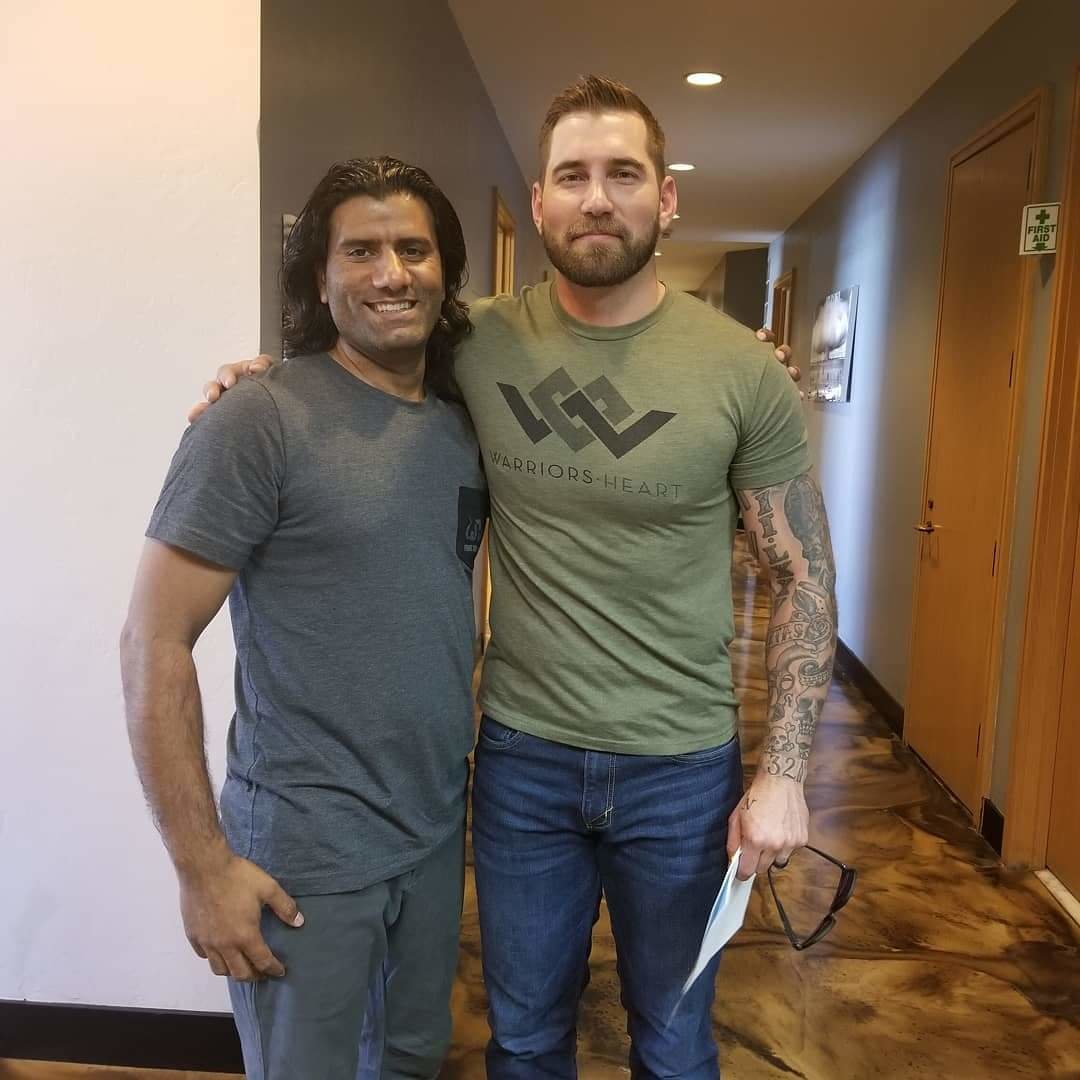
“You have a ton of folks that you brought over from Afghanistan,” Rogan recalled from a visit he made several years ago to BRCC’s Salt Lake City facility.
Among the Afghans working for Hafer is Mohammad Wali Tasleem. Tasleem volunteered to serve as a commando in the Afghan National Army in 2001 and participated in more than 1,500 direct action missions against the Taliban. When Tasleem’s service ended, he was able to immigrate to the United States and escape Taliban retaliation. As soon as Hafer learned Tasleem had not been executed and was living in Baltimore, he hired him.
“We got him a house, we got his family out here, gave him a job,” Hafer recounted.
He went further and found Tasleem’s friends who had also immigrated to the United States and were now scattered around the country.
“Where are the other guys? Okay, offer them all jobs right now. They’re all coming here,” Hafer recalled telling Tasleem. “These are the guys that have been fighting to the left and right with us for over 20 years. They’ve risked their lives, their limbs, their eyesight — which means the same as mine — we owe them an incredible amount of gratitude.”

The Dangers of Social Media
Rogan and Hafer also dove into the murky waters of social media, pointing out the toxic environment much of it has devolved into.
“I owe it to my entire peer group of post-9/11 veterans to just fucking push to be as positive as I can … versus contributing to the negative horseshit that’s arbitrary and spinning out of control on these random platforms,” Hafer said.
Rogan and Hafer said social media had become a terrible way to communicate with others, and isolation resulting from the pandemic has exacerbated that communication breakdown.
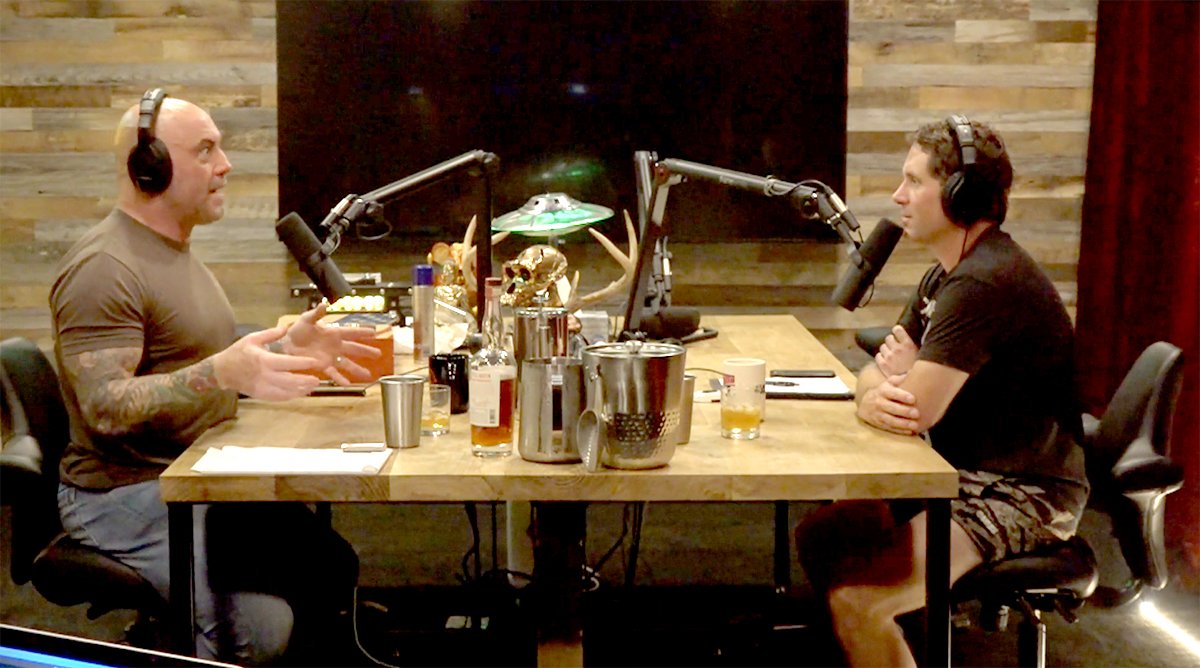
“It’s really easy to connect with someone online and default to anger. I think there’s a lot of people who are just disconnected, and they’re searching for some kind of human interaction. They’re never going to get it from an electronic device,” Hafer explained, gesturing to his phone.
The two agreed that, with no context and no social cues to pick up on, isolated statements thrown across social media platforms have contributed to growing division among Americans. Entire subjects can’t be dissected in 140 characters.
“It’s the worst, most counterproductive way to communicate ever,” Hafer concluded.
America Is Fucking Awesome
It’s no surprise that the man behind “America’s coffee” dedicated a solid chunk of the conversation to celebrating the USA. From the glory of the Grand Canyon to the social progress our imperfect nation continues to make, Hafer raved about the reasons Americans are so lucky to live here.
“This place is fucking incredible,” Hafer declared. “It’s crazy. It’s a little bit insane. A little bit wild and a little bit extreme. You’ve got mountains and deserts, and you’ve got cowboys in Texas and dudes toting guns in the middle of the West, and you’ve got big skyscrapers and jazz and rock ’n’ roll. This place is fucking rad.”
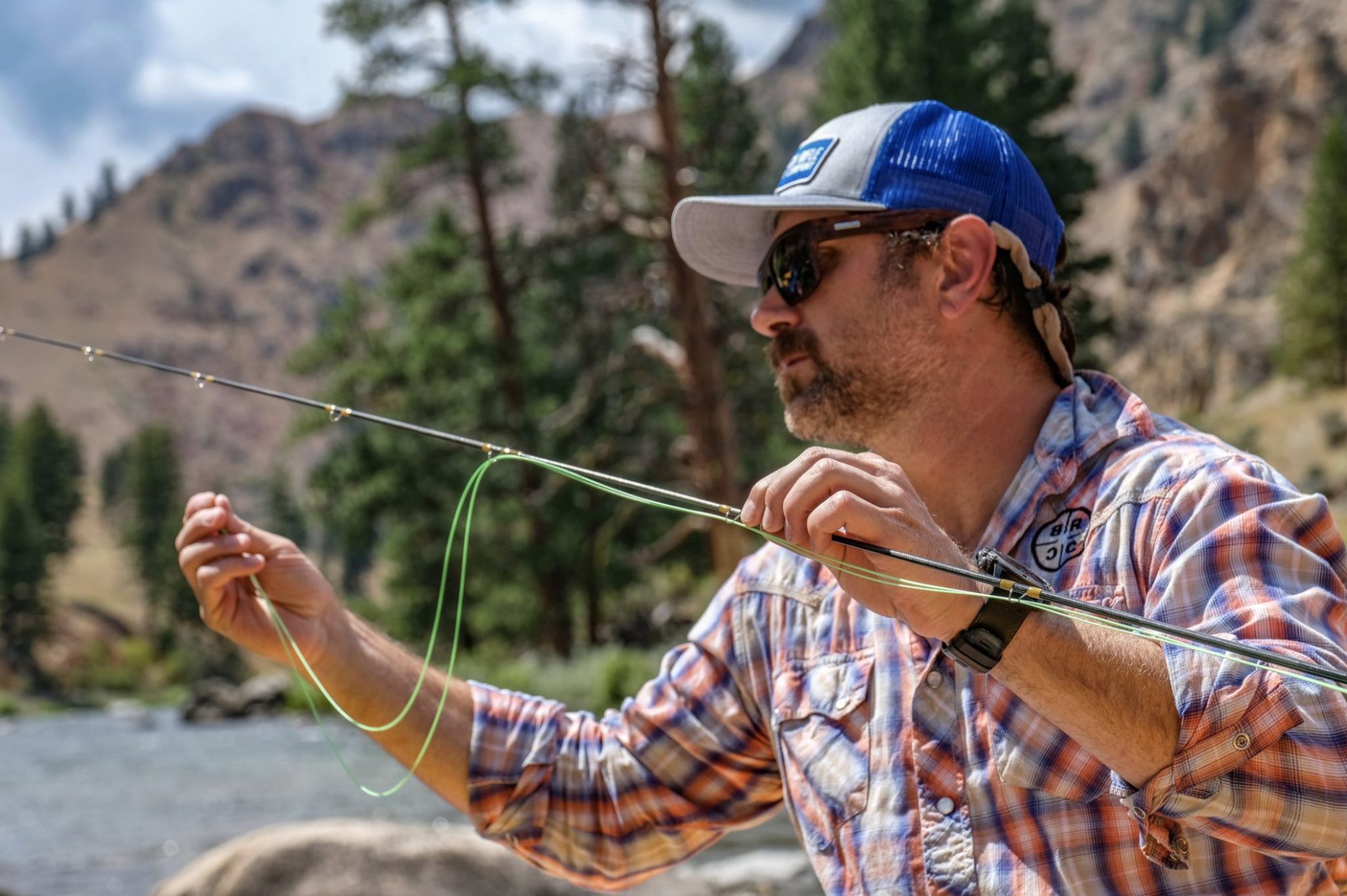
Hafer’s excitement was palpable when he started talking about why he loved America. He’s spent the majority of his adult life working in active war zones, so his deep appreciation for the freedoms we enjoy in the United States comes naturally.
Rogan pointed out the irony of BRCC’s harshest critics having the right to say whatever they want because people like Hafer dedicated their lives to preserving that very freedom.
“I love it,” Hafer exclaimed. “I do, man.”
Hafer spent seven and a half years of his life fighting in Iraq and Afghanistan, defending people’s rights to assemble and openly criticize whomever they want.
“We are so fortunate,” Hafer said. “I’m so proud to live here. […] We’ve been able to evolve our circumstance as a nation and build this big, crazy, beautiful place. That’s so fucking cool.”
As Rogan and Hafer shared cigars and whiskey, the conversation continued to flow. They dished on myriad other topics, including Rogan’s favorite comedians and Hafer’s love for the British version of The Office. Check out Hafer’s latest conversation with Rogan now.
Read Next: 5 Must-Listen Joe Rogan Interviews With US Military Veterans
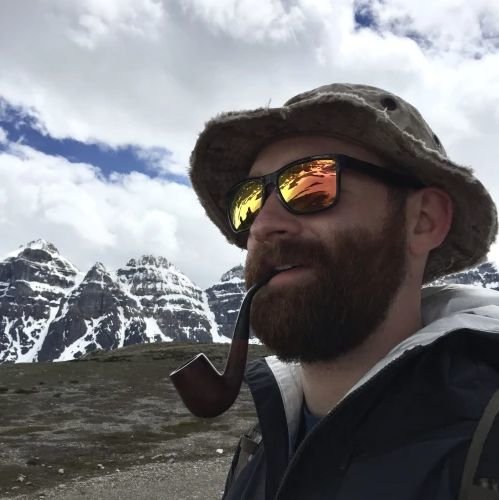
Mac Caltrider is a senior staff writer for Coffee or Die Magazine. He served in the US Marine Corps and is a former police officer. Caltrider earned his bachelor’s degree in history and now reads anything he can get his hands on. He is also the creator of Pipes & Pages, a site intended to increase readership among enlisted troops. Caltrider spends most of his time reading, writing, and waging a one-man war against premature hair loss.
BRCC and Bad Moon Print Press team up for an exclusive, limited-edition T-shirt design!
BRCC partners with Team Room Design for an exclusive T-shirt release!
Thirty Seconds Out has partnered with BRCC for an exclusive shirt design invoking the God of Winter.
Lucas O'Hara of Grizzly Forge has teamed up with BRCC for a badass, exclusive Shirt Club T-shirt design featuring his most popular knife and tiomahawk.
Coffee or Die sits down with one of the graphic designers behind Black Rifle Coffee's signature look and vibe.
Biden will award the Medal of Honor to a Vietnam War Army helicopter pilot who risked his life to save a reconnaissance team from almost certain death.
Ever wonder how much Jack Mandaville would f*ck sh*t up if he went back in time? The American Revolution didn't even see him coming.
A nearly 200-year-old West Point time capsule that at first appeared to yield little more than dust contains hidden treasure, the US Military Academy said.












